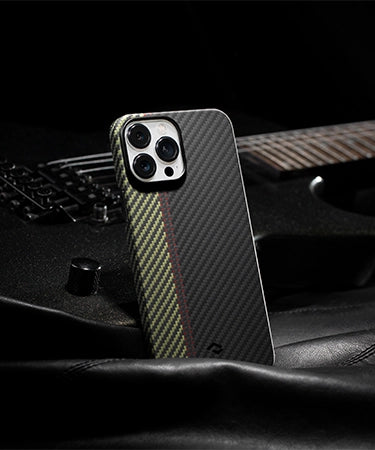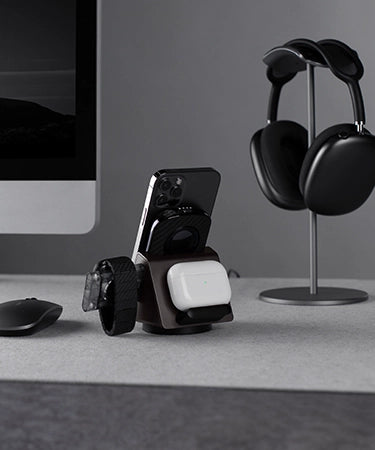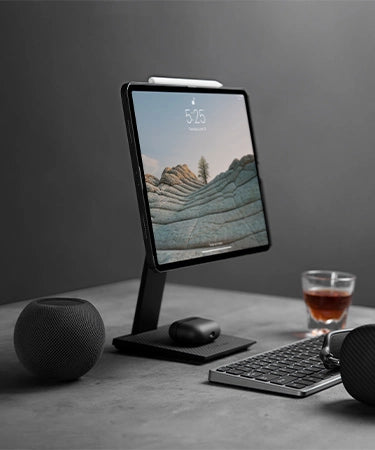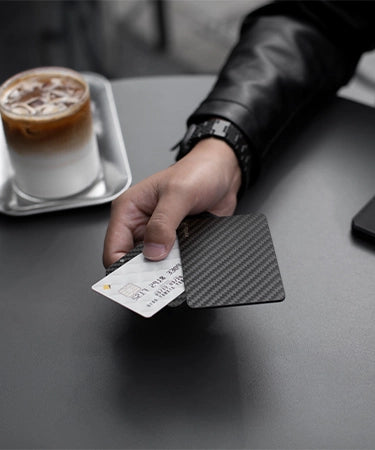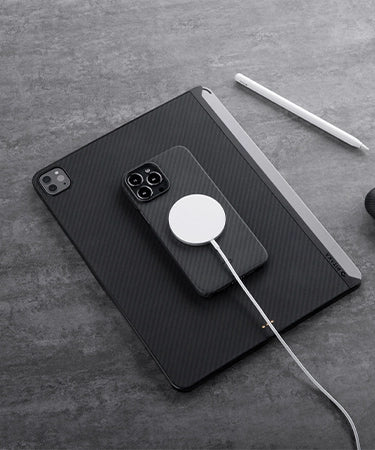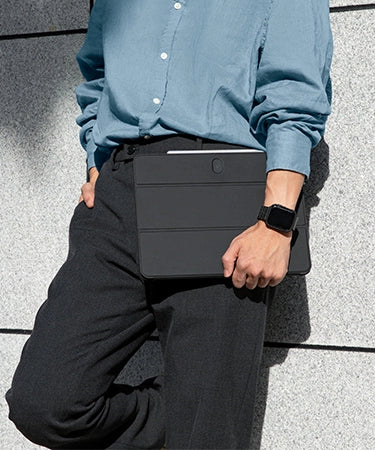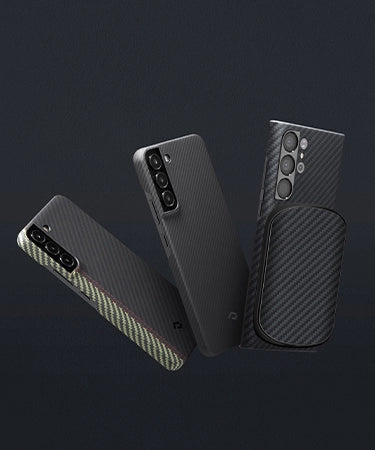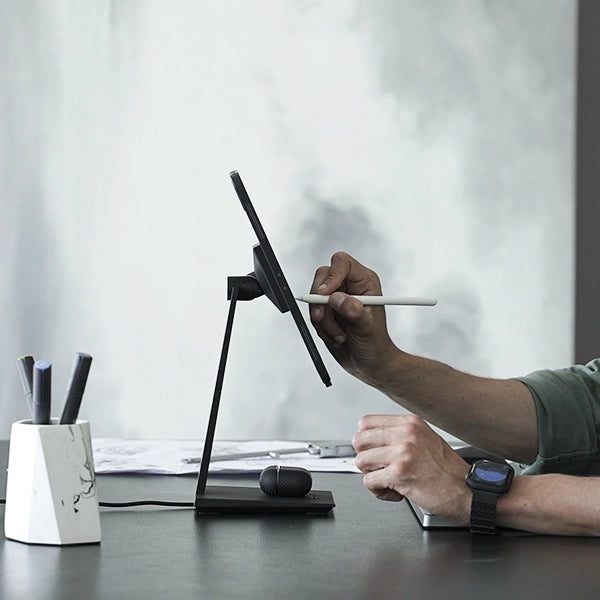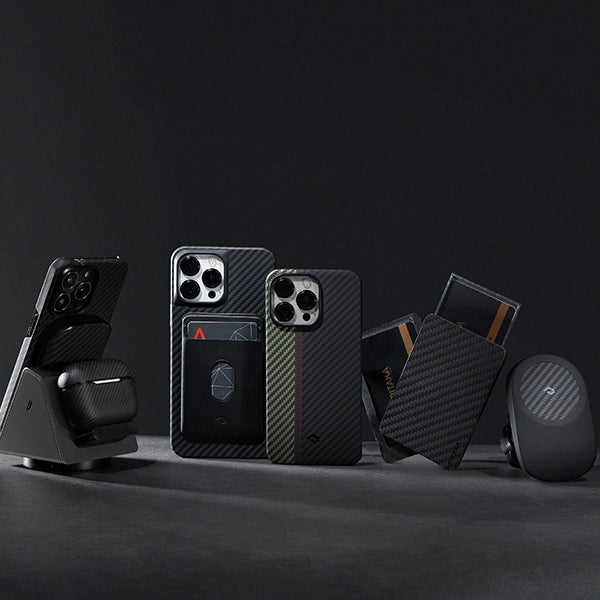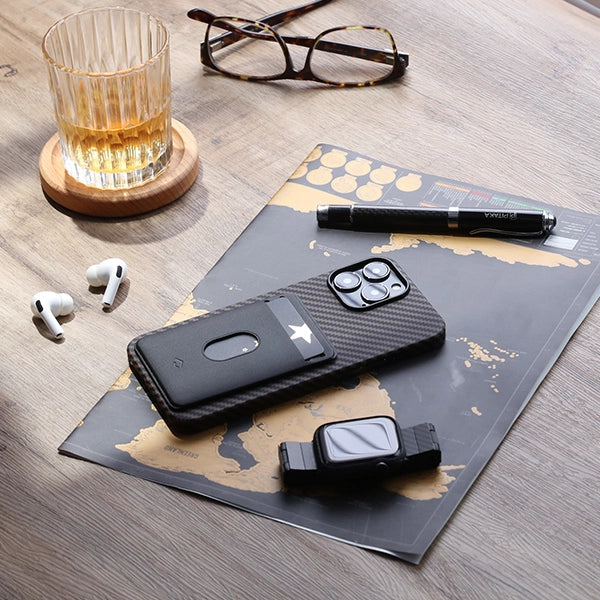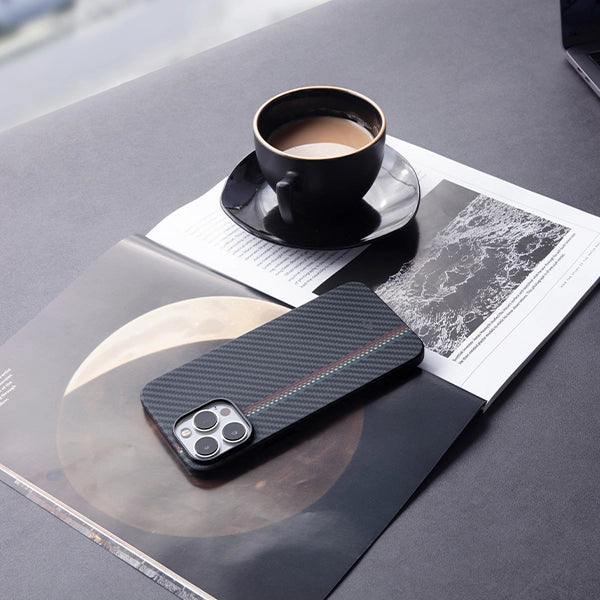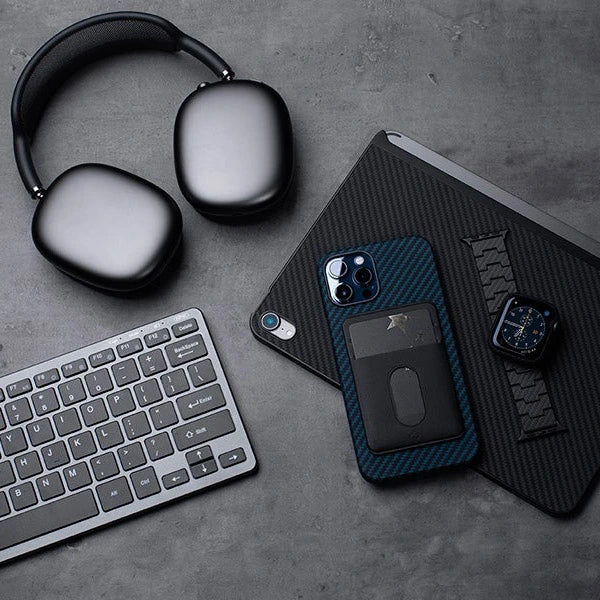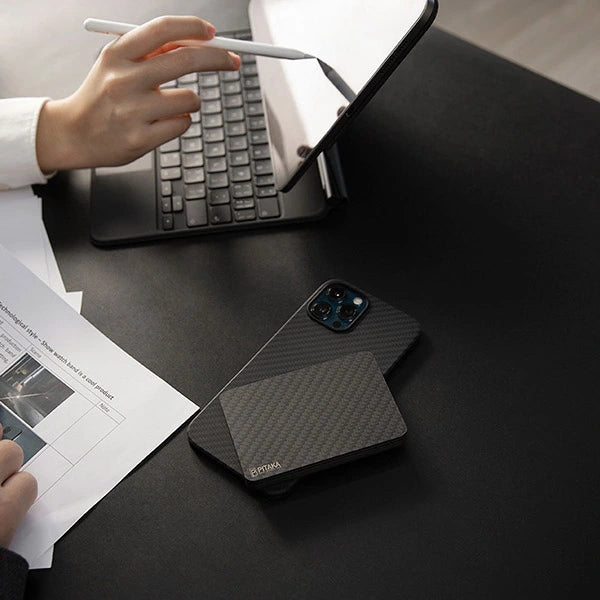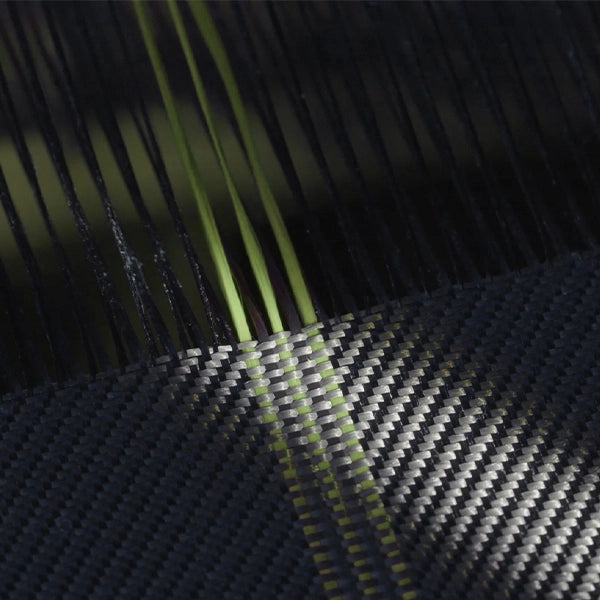 It’s pretty dizzying to consider how, in just a matter of decades, we’ve gone from room-filling computers to home desktops and laptops, and now to tablets and cell phones. It seems to be a sure-fire rule that as computing power grows, our devices only continue to shrink. Does this mean that tablets have now taken the place of laptops for those looking to get a functional, portable computing device?
It’s pretty dizzying to consider how, in just a matter of decades, we’ve gone from room-filling computers to home desktops and laptops, and now to tablets and cell phones. It seems to be a sure-fire rule that as computing power grows, our devices only continue to shrink. Does this mean that tablets have now taken the place of laptops for those looking to get a functional, portable computing device?
A group bound to ask themselves this question will be students going off to college. As a student, you don’t want to be weighed down by a bulky device, but you also need decent computing power to achieve the most in your studies.
To look into whether you should get a tablet or laptop for college, let’s compare two popular devices that share quite a few features (as well as a name): the MacBook Air 2020 M1 and the iPad Air 4, and consider five real-life questions.
-
iPad or MacBook for college: Which one is better on your wallet?

As a student, getting value for money is always going to be a top priority. However, with all the different models of iPad Air and MacBook Air available, a direct price comparison isn’t easy. But let’s press on and find out which is better for college, iPad or MacBook, when it comes to price.
Models
MacBook Air has the most variation, with an almost $1,000 difference between the cheapest option (7-core GPU, 8 GB RAM, 256 GB storage) and the most expensive (8-core GPU, 16 GB RAM, 2 TB storage). iPad Air keeps things simple with just two choices, 64 GB and 256 GB version, $150 separating the two.
For our comparison, we need to level the playing field as much as we can. Taking price and hardware into consideration, the smallest difference is between the entry model MacBook Air and the higher model iPad Air, both with 256 GB storage.
And here we have a clear winner in terms of price: the iPad Air, at $200 less.
Accessories
Here’s where things get tricky. To get the most out of an iPad and use it as a laptop replacement, most people would agree you need to pair it with a stylus and a keyboard. Now the question of price changes, especially if you choose to pair the iPad with the official Apple accessories. The Apple Pencil 2 and the Apple Magic Keyboard take the original price up a whopping $400, which would now make MacBook Air $200 cheaper.
However, you always have the option to purchase less expensive third-party iPad peripherals. You can get a halfway decent Bluetooth Keyboard for $30 and a stylus for $70, keeping the price of all combined still $100 cheaper than the MacBook Air.
RAM
That just leaves the question of whether it’s worth paying another $100 for that extra 4 GB of RAM in the MacBook Air.
It all depends on your usage requirements. If you plan on running multiple large programs, then RAM is important. iPads are designed, however, to have one app running at any one time, so a large amount of RAM is not that necessary. As long as you save all your work when finishing with an app, you won’t notice much of a difference.
Best Overall
Given the lower price of the device itself, coupled with the ability to pair it with lower-costing accessories, the conclusion for this round is…
Winner: iPad Air
-
iPad or MacBook for college: Which one looks better?

It’s safe to say that whichever one you choose, the iPad or the MacBook, you’re going to get past the fashion police at college. But could one look a bit better than the other? And we’re not just talking about the design, we’re also talking about the display.
Design
This one is undoubtedly the most subjective of all our comparison parameters. If you’re a fan of the latest crop of iPhones, with their flattened sides and rounded corners, then iPad Air is the closest you’ll get.
The MacBook Air is still unmistakably Apple though. It comes in a very recognizable wedge shape, for a slimmer build and a more comfortable typing experience. Though it does kind of look like a duck’s beak in profile.
Display
To be honest, there’s not a lot to separate the two displays. The most obvious difference is size. Whereas iPad Air comes in at 10.9 inches on the diagonal, MacBook Air is a tad larger at 13.3 inches.
This might seem like a deal-breaker. But it’s worth considering that when holding the iPad, it’s going to be closer to your eyes, making the visual experience larger. This effect is further enhanced by its noticeably slimmer bezels. And even when you’re typing with the iPad, by using a separate Bluetooth keyboard, you can position the screen on a stand and have it much closer than the MacBook with its fixed keyboard.
An example of a magnetic stand that allows you to easily position the iPad at eye-friendly height and smoothly rotate from landscape to portrait view, take a look at PITAKA MagEZ Stand for Tablets.
Image Quality
Both devices feature Apple’s Retina display, meaning high-pixel density LCDs with IPS technology. Since the MacBook Air has a larger screen size, it also has a larger resolution at 2560 x 1600, compared with the iPad Air’s 2360 x 1640.
But the important factor for image quality is pixel density. And here, the iPad Air is the winner, with 264 pixels per inch compared to the MacBook Air’s 227 PPI. That means images onscreen will be clearer. Also, more natural-looking, thanks to the higher contrast ratio. On iPad Air it’s 1355:1, ie. whites are 1,355 times brighter than the blacks, whereas on MacBook Air it’s a little less, at 1200:1.
Contrast ratio is especially important if you’re planning on using your device outdoors, such as studying on the college lawns. So too is brightness. The brighter your display can go, the more you can offset the effects of sunlight. Again here, iPad Air comes through, with a max brightness of 500 nits as compared to the MacBook Air’s 400 nits.
Best Overall
Given that all other specs are the same: True Tone technology (for automatic display adjusting color and brightness according to ambient conditions), P3 color gamut, and 60-Hz refresh rate, it seems we can now come to a conclusion for this round.
Based on the iPhone-like look and higher pixel density, contrast ratio, and brightness, the decision is…
Winner: iPad Air
-
iPad or MacBook for college: Which one lets you do more?

You don’t get a computer to hang up your wall, you get it to do stuff. And when you’re going off to college you want to have the right equipment to steer you through a bunch of new experiences. So, let’s look at which is better for college, iPad or MacBook, when it comes to practical matters.
Chip
When we talk about what a computer can do, we’re essentially talking about processing power. iPad Air uses the A14 Bionic chip, the same as you’ll find on the iPhone 12 range. The MacBook Air, on the other hand, features the new Apple M1 chip.
Though similar in terms of architecture, they’re built for different purposes. Since the A14 chip is also used for iPhones, its power has to be restricted to drawing on a smaller battery size, whereas the M1 chip has far fewer power restrictions. This allows the M1 chip to pack in more cores, increasing how many processes it can run simultaneously. The M1 chip has an 8-core CPU and 7-core GPU (for the model we’re comparing). The A14 Bionic has a 6-core CPU and 4-core GPU.
Though this difference may not be noticeable for basic operations such as web surfing and video playback, it’s going to become obvious when using heavy-duty applications. If you’re an engineering major, IT major, or need to use music production or video editing applications for your course, then the M1 chip on MacBook Air is the preferable option.
Applications
It used to be the case that you could only get the full range of applications in the Apple ecosystem on the iPhone or iPad. But with the arrival of Mac OS 11 Big Sur and the M1 chip in 2020, MacBook users can now use and enjoy the same full range of apps.
Not only that, some larger office and gaming apps run in their full form on MacBook, whereas on the iPad they’re in a slightly watered-down form.
Productivity
The more apps you have, the more you can do. But are there any differences in how productive each device can help you be?
First, and most obvious of all, the iPad simply gives you more ways to interact. Sometimes using touch helps you be more efficient, such as opening up videos. Sometimes a keyboard is the way to go, like writing an essay. And sometimes a mouse is where it’s at, for example selecting individual cells on a spreadsheet.
The best thing about iPad Air is that you can have all those options at your fingertips, since you can add keyboard and mouse capabilities to the native touchscreen option. With MacBook Air, you’re limited to just keyboard and mouse.
Also, when it comes to computers, you can only work on the content you can see. Both devices feature split view, whereby you can have two applications open on either side of the screen. It’s fair to say, however, that this function is much easier to use on the iPad, just requiring a simple swipe up from the dock to the left or right side.
Best Overall
As much as the iPad can boost your productivity with its greater options to interact, this round comes down to the processor. And here there’s only one option…
Winner: MacBook Air
-
iPad or MacBook for college: Which one gives you a better user experience?

But power isn’t where it’s all at. There are certainly more powerful devices out there than those that Apple offers. What draws people to Apple products is their unrivaled user experience.
Interactivity
As much as interactivity is a part of what you can do, it also greatly affects your everyday experience of using your device, so let’s delve a bit more into it.
While many laptop manufacturers have moved to touchscreens on at least some of their models, Apple has declined till now to do so on any Mac, leaving that feature solely to its iPad range and restricting MacBook users to a trackpad. Though some may be irked by this decision, is it a bad move on Apple’s part?
Trackpad
Touching fingers on a screen day-in-day-out inevitably means it’s going to get dirty fast. Therefore, because of the trackpad on MacBook Air, you’re going to have to spend far less time cleaning the screen.
And thanks to the multi-touch gesture controls on the MacBook Air’s trackpad you can do pretty much everything you can do on a touchscreen: zoom, scroll, and swipe for multiple functions. And because of the onscreen cursor, you’ll be able to enjoy greater selection precision than using your fingers to do the job.
Touchscreen
That’s certainly not to say that touchscreens don’t provide a good user experience. Simple, everyday actions, such as opening apps, selecting YouTube videos, skipping music tracks, etc. are much easier with a touchscreen.
So, it would be safe to say that for entertainment purposes a touch screen is going to make life a lot easier. For work projects, however, a trackpad is likely a better experience.
You can of course get the best of both worlds with the iPad Air if you pair it with the Apple Magic Keyboard, which features a built-in trackpad. Alternatively, there’s the cheaper standalone Apple Magic Trackpad. Or, for even more savings, you could investigate third-party trackpad options.
Keyboard
It’s worth noting that Apple calls the keyboard accessory for iPad and the fixed keyboard on MacBooks the same name: Magic Keyboard. This shows you just how similar they are. Apart from, that is, two minor differences.
First is size. The MacBook Magic Keyboard is some two inches wider and about half an inch deeper, giving you a slightly more spacious experience when typing. Also, there are no function keys on the iPad’s Magic Keyboard. So, if you’re the kind of person who likes key shortcuts, you’re better off with the MacBook.
In every other respect, though, they’re the same. This includes key travel, the distance a key goes down when you press it, undoubtedly a big factor for many when it comes to typing. On both Magic Keyboards, the travel is 1 mm. This could be a sticking point for some users, who prefer the much greater key travel of a mechanical keyboard, which is usually upwards of the 3 mm range.
If you’re one of these people, then your best bet is to go for the iPad Air with a third-party Bluetooth mechanical keyboard.
Stylus
We saw how a touchscreen on its own is great for entertainment purposes but not so much for studying. That is until you add a stylus. At that point, the iPad Air becomes possibly the best study tool you can equip yourself with.
The benefits are, of course, huge for art and design students. But it doesn’t stop there. Any student who regularly takes notes during class, annotates study material, and writes essays, will find using the stylus on the iPad Air an invaluable study aid.
Thanks to the laminated display on the iPad Air, drawing or writing on it using a stylus is very much like applying pencil to paper. There’s a whole host of apps to get you going. You can use basic versions of them for free, though to upgrade to the full features of one of the better ones, you’re looking at forking out around $10.
Portability
But first, you need to get to class. As hard as that is, you can make things a bit easier by choosing a lighter, more portable device.
Now, MacBook Air is hardly heavy, it’s called ‘Air’ for a reason. At just 2.8 pounds heavy and 0.63 inches thick, you’re not going to have any problem carrying it around in your backpack.
When it comes to portability, though, the iPad Air is pretty much unbeatable. At a measly 0.24 inches thick, 9.74 inches wide, and weighing 1.01 pounds, you’ll be able to slip it into your book bag as easily as you would a notebook. But bear in mind, if you combine it with the Magic Keyboard, the weight is going to be almost tripled, equaling that of the MacBook Air.
Best Overall
There’s a lot of factors to consider when it comes to user experience. However, the convenience of a touchscreen, without a stylus for casual use and with a stylus for study purposes, as well as the incredible portability, means the prize goes to…
Winner: iPad Air
-
iPad or MacBook for college: Which one is more dependable?

When you’re at college, living away from home maybe for the first time, you need a device that won’t let you down when you need it most.
Battery Life
For computing devices, you need to be able to rely on it actually working. In class, aside from the few times you might be able to find a power source, this means depending on battery power. In a comparison of battery life between the MacBook Air and iPad Air, there’s a clear winner.
The official battery life for web browsing on MacBook Air is 15 hours, and for video playback that goes up to a massive 18 hours. Though you should take such official reporting with a pinch of salt, it’s going to get somewhere near there.
iPad Air is not too far behind, though, on 10 hours for all-around use. Either way you look at it, as long as you charge up MacBook Air or iPad Air the night before, it should be sufficient to get you through a hard day of studying in the classroom or library.
Security
A second reason your device might stop working, or not working properly, is viruses. Although Apple devices are well-known for suffering far fewer viruses than say Windows devices, they can potentially get onto MacBook.
However, because of the iPadOS’s compartmentalized architecture, iPad Air is immune from viruses and carries very little risk of malware. So, if you’re concerned about security, iPad Air is pretty rock-solid.
Another key point for security is logging into your device. You want to make sure no one else can log in, but you also want to make sure you can without too much fuss. For logging in, both devices utilize touch ID. This may be a letdown for some, considering iPhones all now offer Face ID. But, in this era of face masks, it has to be said that touch ID is a lot more practical. And thankfully, it works on both devices with pretty consistent accuracy.
Connectivity
Despite the ever-increasing convenience of wireless transfers, sometimes you need to hook up your device to other equipment, whether for large data transfers or projecting onto audio/video equipment. For this, you’re going to be relying on ports.
Aside from the charging connector and headphone jack, MacBook Air has four ports in all: two USB-C ports, one thunderbolt port (a faster version of USB-C), and one DisplayPort for audio and video projection.
The iPad Air, on the other hand, has just a single USB-C, giving you far fewer options in terms of transferring files and connecting devices, and no option for screen projection.
Durability
As a student, you’ll likely be carrying your device with you on a day-to-day basis. Though it’s great to get the most use out of your device, it does increase the risk of drops, scratches, bumps, cracks, and overall wear and tear. So, you’re going to want to make sure it’s as durable as possible.
So which one comes out top in this regard? Though both are made from the same stuff, namely aluminum and glass, the glass display on iPad Air is exposed, whereas it’s easily protected on the MacBook by closing the lid.
An obvious solution to the iPad’s vulnerability would be a screen protector. However, applying one will cancel out the anti-reflective properties of the laminated screen. Another option would be to add the Magic Keyboard case. But, as we’ve seen, this reduces the portability factor of the iPad Air quite considerably.
Cover/Case
A better method would be to use a lighter folio cover for iPad Air 4, which will provide screen protection as well as acting as a stand. A great example of such case is PITAKA MagEZ Folio, which is fully half the weight of the Magic Keyboard.
Although the back of iPad Air 4 is made of sturdy aluminum, that doesn’t mean it can’t still get scratched and beat up if you use it out of its cover. To limit that possibility, you can use a case, just like you would your phone.
Again, you want to get the best protection without adding bulk. A great option is a case made from aramid fiber, a super-lightweight material that’s five times stronger than steel, an example being PITAKA MagEZ Case 2 for iPad Air 4.
All in all, owing to the superior battery life, greater port options, and sturdiness, the more dependable device is…
Winner: MacBook Air
Should you get an iPad or MacBook for college?
So, which is better for college, iPad or MacBook? This is, of course, an entirely personal question. You need to weigh up which of the categories we’ve looked at are more important for you. But, the device which wins the most categories in our comparison, three out of five, is the iPad Air 4.
And if you do choose the iPad Air, getting the right accessories can improve your experience. PITAKA MagEZ Folio cover and PITAKA MagEZ Case 2 for Tablets are the perfect way to keep your iPad protected in the most stylish, lightweight way possible.
Despite its super-thin construction, PITAKA MagEZ ecosystem has built-in magnets to attach to a wide range of stands for an improved viewing angle. PITAKA MagEZ Stand for Tablets, which positions the iPad at a natural eye-height level, lets you rotate between landscape view for general use and portrait view for video calls and selfies.
We hope that rundown has been useful. And we wish you the best of luck in your studies, or however you choose to use your new device.
